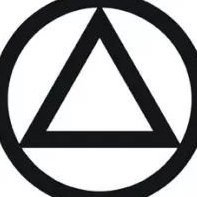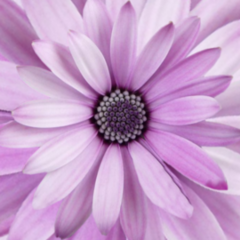-
Content count
1,046 -
Joined
-
Last visited
-
Days Won
7
About Vajra Fist
-
Rank
Dao Bum
Recent Profile Visitors
10,277 profile views
-
Thank you friends, for all your responses. Wishing you all the best too for the new year
-
Bit of a weird one. Wondered if anyone has encountered anything similar. Throughout my life, I've had moments that feel like an intersection, where I come into contact with the mindstream of a future or past self. These are very strange, half-waking dream moments where I feel like I'm able to ask questions of a future self, or else send reassurance and answers to a past self. They don't last long. I like to think I'm a fairly down-to-earth person. I'm a middle aged Brit and a dad, I work an ordinary job. I meditate, but not for altered states of consciousness, but rather to bring myself closer to tangible reality. But I did do a lot of acid in my teenage years. Which has either opened me up to paranormal stuff like this, or else has given me latent schizophrenia. I normally dont think too much about this, it's just a weird little quirk of my personality that I've never felt the need to tell anyone about. But recently what I feel like is a future self said that 2026 will be a particularly challenging year for my health. It has suggested I practice a specific type of qigong, and stop taking some supplements and peptides I've been dabbling with. It's a bit of a worry because I'm 42 in April, which I've since learned is my yakudoshi year (basically ill fortune year in shinto belief). I also saw recently that it's also not looking great for my health in Chinese astrology (wood rat). So while I'd normally brush it off as my weird little mind, I'm not sure if I should perhaps take the suggestions of this internal voice seriously. Or whether that way lies madness. Has anyone else heard of this sort of communication across time with future/past selves? I've not been able to find anything mentioned anywhere similar.
-
Interesting practice, it reminds me a little of the complex visualisation accompanying the mantra, described in the John Blofeld book: https://www.amazon.co.uk/Bodhisattva-Compassion-Mystical-Tradition-Shambhala/dp/1590307356 I'm always fascinated by the practices that emerge around the six word mantra. It seems one of the most powerful, transformative prayers available to layperson. My own practice with this mantra is slightly less esoteric. I do a modified version of a visualisation from a book called 'Wheel of Great Compassion' by Lorne Ladner. I use a prayer wheel alongside the recitation, and I visualise the light from the wheel healing and blessing beings of each of the six realms in turn. For me, the mani is a vehicle for awakening bodhicitta. It uplifts my mind, and ensures that my main meditation practice is on the right path. But more than that, I believe it actually has an effect in benefitting beings in samsara.














